
Microsoft is ramping up efforts to forcibly remove Flash from Windows with KB4577586 update
The software blight and security nightmare that is Flash has all but died. In theory it is dead already, with support for Adobe Flash Player having drawn to an end last year and Microsoft having pushed out an update to carve it out of Windows.
But the company has realized that there are a lot of systems out there that still have the cancerous software installed, and starting next month it will ramp up its effort to kill it off once and for all. This means that more people will be receiving the KB4577586 update.

The Internet Archive is now emulating classic Flash games and animations
The Internet Archive began life back in 1996, and today it has copies of over 430 billion web pages accessible through its Wayback Machine, as well as collections of classic DOS games, console games, early Apple Mac and Windows programs, 1990s animated GIFs, and much more.
Now, in preparation for when Flash finally dies at the end of the year, the Archive has started emulating classic Flash animations, games and toys.
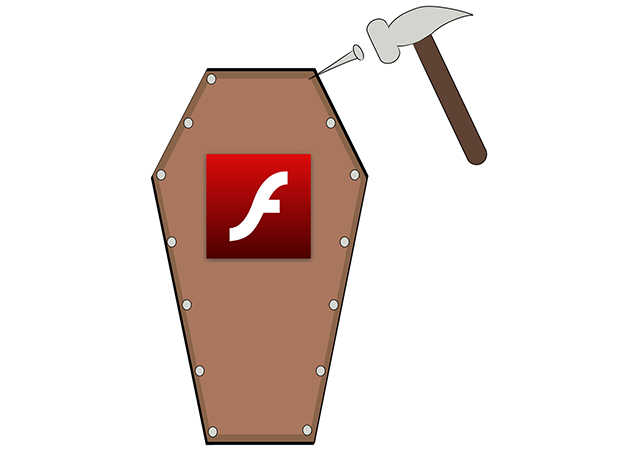
How to uninstall Flash from Windows
Flash is a blight on the internet and has long posed a security threat to any computer with it installed. Once widely used in website design, the technology is now dead and has been overtaken by more secure alternatives -- but Flash remains installed on millions of computers around the world.
While all major web browsers will remove Adobe Flash Player at the end of 2020, there's no need to wait. Here's how to remove Flash right now.

Adobe Flash Player dies this year and you'll be told to uninstall it
Adobe Flash Player has been a blight on the internet for more years than most people care to think about, but its days are finally numbered.
We've known for a number of years that the software is reaching end of life (EOL) at the end of this year, and Adobe will stop distributing it after this date. But Adobe is going further, and will soon start to prompt people to uninstall Flash Player from their computers.

Microsoft products continue to be most targeted by cybercriminals
2019 was the third year in a row that Microsoft technology was most affected by vulnerabilities, with eight of the top 10 vulnerabilities identified targeting its products.
This is a key finding of the Recorded Future annual vulnerability report which also shows that for the first time six of the vulnerabilities, all impacting Microsoft, were repeats from the prior year.
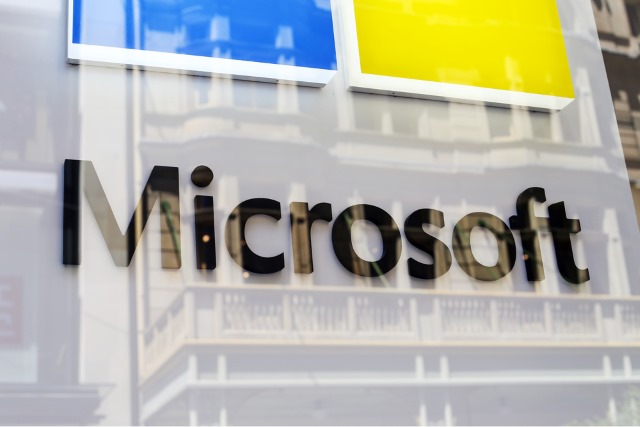
8 out of 10 top vulnerabilities target Microsoft products
Prioritizing vulnerabilities can be difficult if you don't know which ones are being actively exploited. The latest annual research from Recorded Future looks at the top vulnerabilities and which products they are targeting.
In 2018, the company observed more exploits targeting Microsoft products compared to Adobe ones. Eight out of 10 vulnerabilities exploited via phishing attacks, exploit kits, or RATs were targeting Microsoft products.

Top vulnerabilities shift focus from Adobe to Microsoft
A new report from threat intelligence specialist Recorded Future looks at the changing way in which attackers are using vulnerabilities.
In contrast to previous years, most of the criminal exploit kits and phishing campaigns seen in 2017 have favored Microsoft products, rather than the Adobe Flash vulnerabilities which previous research showed as being the most popular.

Flash is finally bowing out to HTML5 as Adobe aims to stop updates in 2020
The death of Flash has been long, slow and protracted. The writing has been on the wall for some time now, but it seems that Adobe is finally ready to kiss its (adopted) baby goodbye. The company is bringing Flash to end-of-life and will stop updating and distributing Flash Player in 2020.
Anyone who is still using Flash is being encouraged to embrace open standards such as HTML5, WebGL and WebAssembly as replacements. Adobe says that it will continue to work with key tech companies to maintain security and stability beyond 2020, but don’t expect any more than that. Facebook, Google, Microsoft and Mozilla have all issued their own statements about the death of Flash.

Microsoft issues some Windows security patches in February after all
Patch Tuesday occurs on the second Tuesday of every month, and is when Microsoft releases security patches for all supported versions of Windows.
However, due to a "last minute issue," Microsoft was unable to push out the patches for February, and made the decision to delay them until next month, a move that understandably didn’t go down all that well with customers, and even led to Google publishing details of an unpatched Windows bug.

Microsoft Edge will start blocking Flash by default
The Windows 10 Anniversary Update introduced a very welcome change to Microsoft Edge, the operating system’s default browser. In a smart move, Microsoft gave users the ability to selectively pause non-essential "peripheral” Flash content, such as animations and ads.
That was always just going to be the start of things however, as John Hazen, Principal Program Manager Lead, Microsoft Edge, had previously promised "We are planning for and look forward to a future where Flash is no longer necessary as a default experience in Microsoft Edge". And today, that future got a little bit closer.
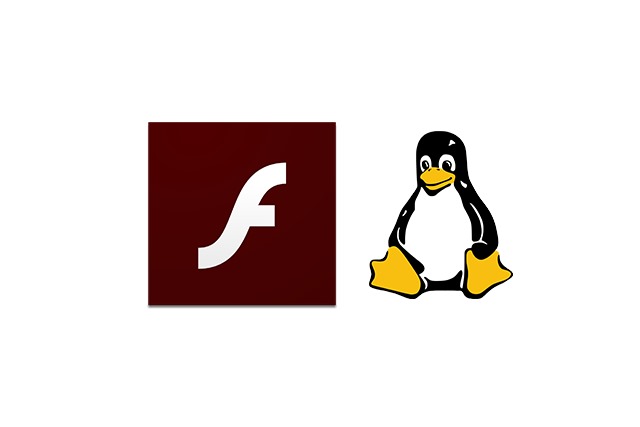
Adobe Flash Player will live on in Linux
The much loathed Flash Player -- seen these days as little more than a resource hog and security risk -- had been cut loose on Linux. Four years ago Adobe said that the NPAPI version of the Linux version of Flash Player would only receive security patches and no further updates. Now this is changing.
Despite an overwhelming drive to move away from Flash towards HTML5, Adobe has decided to resurrect it on Linux. A beta version of Linux NPAPI Flash Player is now available and will be kept in sync with the modern release branch.
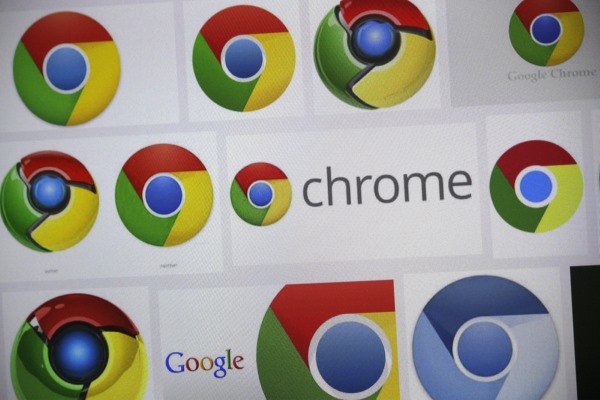
Google will block Flash in Chrome 53
Following the lead of Apple with Safari in macOS Sierra, and Mozilla with Firefox, Google has announced that Chrome will begin to block Flash content. Starting with Chrome 53 in September, Google will "de-emphasize Flash in favor of HTML5".
Google says that the decision has been made to improve security, performance, and battery life, and it builds on an earlier change that made some Flash content click-to-play rather than loading it by default.
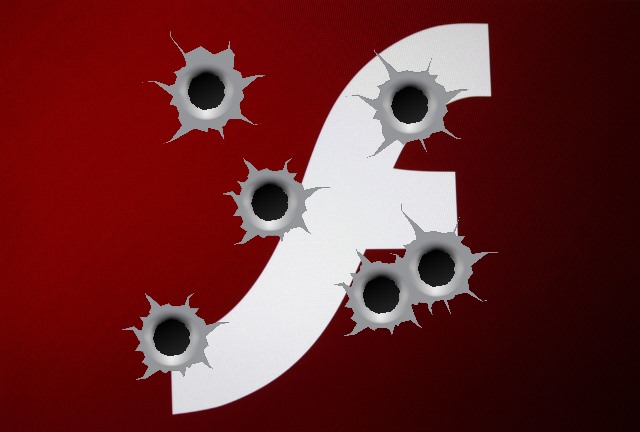
Mozilla will block non-essential Flash in Firefox from next month
Flash is seen, quite rightly, as the scourge of the internet, and for some time there has been a vocal movement to eradicate all traces of it. Following the lead of Google Chrome and upcoming versions of Safari, Mozilla is taking the step of blocking Flash content from Firefox that is "not essential to the user experience".
It's part of the company's drive to reduce reliance on Flash, whilst recognizing that there is still a need to provide a degree of support for "legacy Flash content". Mozilla has taken the decision to ditch Flash in a bid to improve browser performance, boost security and improve battery life on mobile devices.
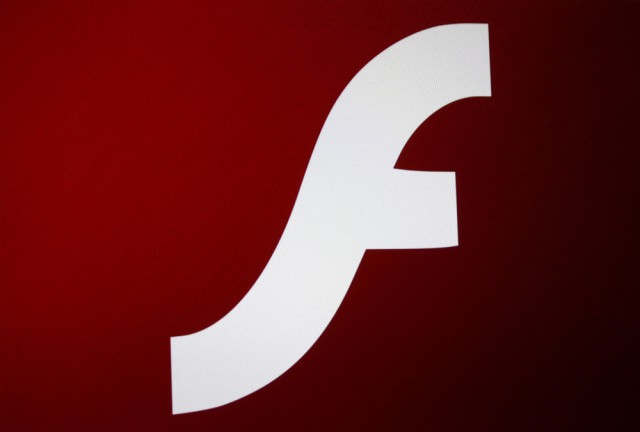
In macOS Sierra, Safari 10 will simply ignore Flash in favor of HTML5
Flash -- despite the best efforts of many -- is not quite dead. It continues to hang around like a festering scab, just waiting to be cast off forever. With macOS Sierra, Apple is playing its part in consigning Flash to the history books, pushing HTML5 to the fore.
Following in the footsteps of Google Chrome, starting with Sierra, Apple's Safari will ignore Flash even if the legacy plugin is installed. HTML5 will be favored for each and every site -- a marked difference from Chrome which maintains a list of exceptions (such as YouTube) which could still make use of Flash.

Microsoft bangs another nail in Adobe Flash's coffin with a big change to Edge
Flash is not as integral to the web as it once was, but it’s still required for some content, despite being a huge security nightmare.
Microsoft, like Google and Mozilla, wants to hasten the transition away from Flash to a more modern, standards based web, and so plans to make a big change to Edge in the forthcoming Anniversary Update to Windows 10.
